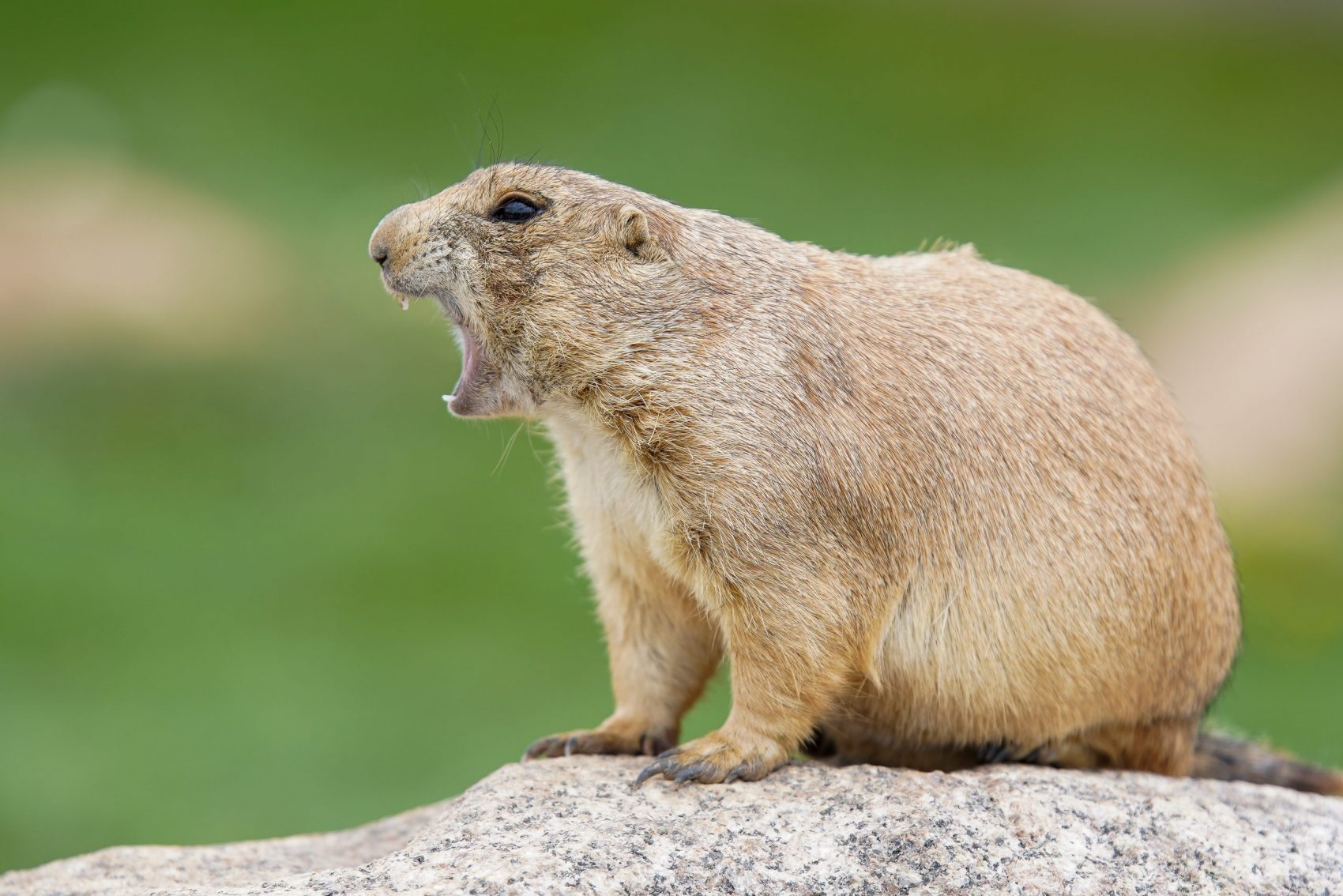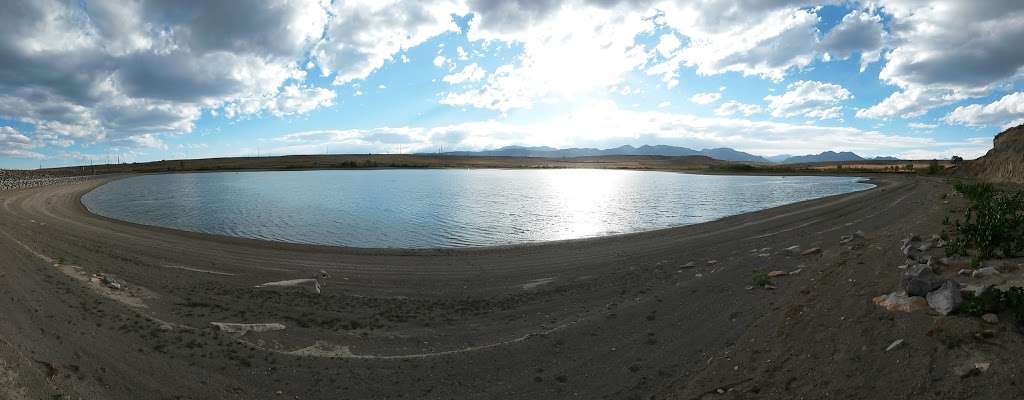
Just when you thought the ‘rona was enough, plague is causing problems in one of Colorado’s Open Spaces.
Great Western Reservoir Open Space located near Broomfield, Colorado, was forced to close until further notice due to a burst in plague activity inside the park.
According to the Center for Disease Control, plague is a disease that affects humans and other mammals. It is caused by the bacterium, Yersinia pestis. Humans usually get plague after being bitten by a rodent flea that is carrying the plague bacterium or by handling an animal infected with plague.

Press release from the City and County of Broomfield:
July 10, 2020
Broomfield Public Health and Environment reported plague activity at the Great Western Reservoir Open Space. This open space property is located generally east of Indiana Street and south of State Highway 128. In partnership with the Colorado Department of Public Health and Environment (CDPHE), Broomfield Open Space and Trails, and the Centers for Disease Control (CDC), testing at the site occurred and confirmed plague. Great Western Open Space is not open to the public. Signs will be posted in the area as a precautionary measure to avoid exposure to fleas potentially infected with plague.
CDPHE shared that they have seen an increase in plague activity throughout Colorado. Plague occurs naturally in this state and is an infectious bacterial disease spread by fleas when they bite wild rodents and other small mammals such as squirrels, rats, prairie dogs, and rabbits. Plague can also spread to humans when an infected flea bites a human. As this is the first plague activity found this season in Broomfield County, public health officials want to remind residents to protect themselves and their pets against plague.
“Please avoid touching any sick or dead animals and follow recommended safety measures to protect your pets and family members,” Jason Vahling said, the Broomfield Public Health Director.
Public health officials recommend the following precautions to reduce the likelihood of being exposed to plague:
- Avoid contact with any sick or dead wild animals.
- Avoid fleas. Protect your pets by using a veterinary-approved preventive flea treatment.
- Use insect repellent that contains DEET to prevent flea bites.
- Tuck pant cuffs into socks to prevent flea bites.
- Keep your dogs on a leash when outside.
- Prevent rodent infestations around your house by clearing away debris and trash.
- Seek medical attention if you or your pet become ill with symptoms such as a high fever, extreme fatigue and/or swollen lymph nodes. Symptoms typically appear one to six days after being infected with the plague bacteria and can be treated with antibiotics when recognized early.
Please seek caution if recreating in the area. The plague activity in Great Western Reservoir Open Space is not related to the COVID-19 pandemic.
Public health officials have announced that a squirrel in Colorado has tested positive for the bubonic plague. https://t.co/ksYZNRPZdu
— ABC News (@ABC) July 14, 2020